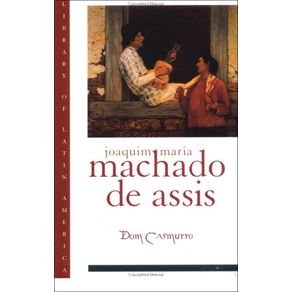The unreliable narrator and the fictional memoir are long-standing literary traditions. Nineteenth-century Brazilian author Joaquim Maria Machado de Assis uses both to brilliant effect in his novel Dom Casmurro. Narrated by Bento Santiago, this memoir looks back over a life filled with the suspicion of betrayal: Bento is convinced that his wife had an affair with his best friend, and that his son was the result of it. Though he has no real evidence to support this belief, Bento becomes so obsessed with it that, in the end, he commits crimes far worse than the suspected adultery to avenge himself. The memoir itself is a kind of justification for his actions; Bento, now alone, recreates the environment of his childhood and attempts to rewrite the facts of his life--in essence, reconstructing the past. Among readers familiar with Latin American literature, Machado is considered a master. His novels blend black comedy with deadly accurate social commentary and an unerring perception of human psychology to create works that are brilliant, complex without being opaque, and joys to read. The Oxford University Press edition is ably translated by John Gledson and accompanied by critical essays that will help orient readers unfamiliar withMachado's work.



